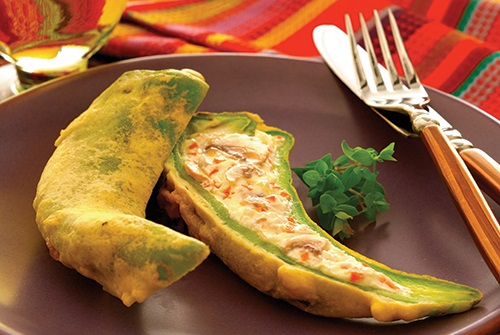Cultural Challenges for Patients and Dietitians
Imagine meeting with your dietitian and finding out they know little about your ethnicity and cultural food habits. This is the challenge faced by many who have moved to the United States from different countries. The Academy of Nutrition and Dietetics (AND) is currently working diligently on increasing the number of registered dietitians from minority groups in the USA. I agree with this since I often find myself dealing with more patients from different backgrounds that I am not familiar with.
I live and work in the Houston area, the 4th largest in population. It is also considered the most ethnically diverse metropolitan area in the United States. At least 145 languages are spoken by city residents, and 90 nations have consular representation in the city.
As a renal dietitian working over twenty years, I have worked in peritoneal dialysis (PD) and hemodialysis centers of all sizes. I have encountered patients whose backgrounds are very different from mine, yet in many ways similar. I myself am an immigrant whose native language is not English. I have learned a great deal from my patients, many of whom are Black/African American, Caucasian, Hispanic/Latino, Asian and Middle Eastern.
Learning about Cultural Food Differences
I decided to write about cultural food challenges to increase awareness amongst renal dietitians. There are a vast number of people with very different backgrounds. We live in a country with an infinite melting pot of customs and traditions. Those practices affect the variety of diets in the patients dietitian treat. This is one reason it’s vital for dietitians to better understand their patients’ cultural practices. Good knowledge and communication between healthcare providers and their patients are essential to help patients make changes that will improve outcomes.
In our country obesity, diabetes and hypertension are prevalent in the general population. These health problems are primary causes of chronic kidney disease (CKD). It appears that these same diseases are also prevalent in immigrant populations. I have noticed that in the past decade or so there has been an increase in the number of CKD patients from the Middle East and Asia in my practice as well as in the CKD classes (Kidney Smart®) they attend.
As an example, in one of my PD units, there is a growing number of Vietnamese patients. They have challenged me due to the language barrier, but also due to my lack of understanding of how their foods are prepared and eaten.
I am very familiar with the Hispanic customs and cuisine. Being bilingual helps me with Spanish-speaking patients. However, there are still many differences among Latino foods such as with different names for the same or similar foods. For example, Mexicans call avocado “aguacate”, and I, a Peruvian, call it “palta”; Venezuelans call a banana “cambur”, I call it “plátano”. There are differences in favorite staples as well. I’ve observed that some Cubans like black beans, some Mexicans prefer pinto beans, some Africans love plantains and some Asians often use fish sauce. I have learned about differences within countries. For example, I learned there are more vegetarians in northern India than in southern India. All this information is still not enough to work well with some of my patients.
I will soon host a dietetic intern who is Vietnamese. I am thrilled about teaching her to become a great renal dietitian, but I especially look forward to her helping me learn more about my Vietnamese patients and their customs.
Ethnic Recipes

Here are some recipes from DaVita.com, which include ethnic ingredients. Some were provided by foreign born dietitians who work for DaVita.
- A-maze-ing Bean Dip
- Armando’s Chiles Rellenos
- Asian Lettuce Wraps
- Fresh Tofu Spring Rolls
- Lemony-Chicken with Quinoa and Orzo
- Lumpia
- Spicy Chickpeas (Chana Masala)
Additional Kidney Diet Resources
Visit DaVita.com and explore these diet and nutrition resources:
DaVita Kidney-Friendly Recipes
This article is for informational purposes only and is not a substitute for medical advice or treatment. Consult your physician and dietitian regarding your specific diagnosis, treatment, diet and health questions.

Recent Comments